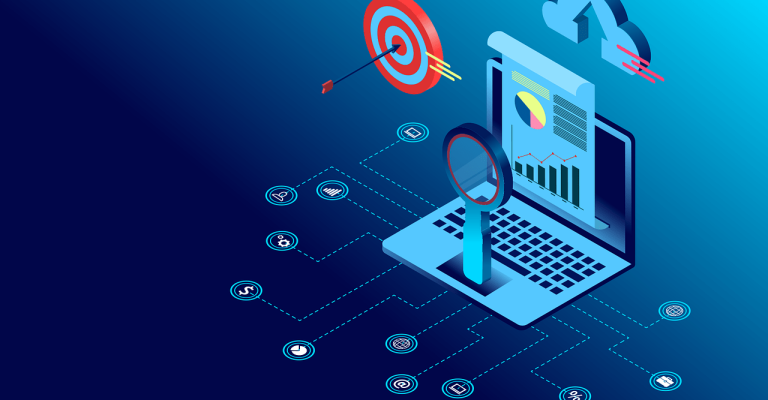What is AI in Cyber Security
Artificial intelligence (AI) has been a game-changer in a multitude of industries, revolutionising the way we approach challenges and innovate solutions. Cyber security is one such area where AI has rapidly emerged as a powerful tool in detecting and mitigating threats. As cybercriminals become more sophisticated, the reliance on AI for cyber security has grown exponentially. This article explores the various ways AI is being used in cyber security and the benefits and challenges it brings to the industry.

AI-Driven Threat Detection
Traditional cyber security measures have relied on signature-based detection systems, which identify threats based on pre-existing knowledge of malware and attack patterns. While effective in dealing with known threats, these systems struggle to adapt to the constantly evolving tactics of cybercriminals.
AI-driven threat detection systems leverage machine learning algorithms to analyse vast amounts of data and identify anomalies that may indicate a cyber-attack. By recognising patterns and behaviors that deviate from the norm, these systems can detect new or previously unknown threats, providing a more proactive approach to cyber security.
Enhanced Incident Response
Speed is crucial when it comes to mitigating the impact of a cyber-attack. AI-powered systems can quickly assess the severity of an incident, prioritise response efforts, and even automate remediation processes. This not only reduces the time it takes to contain a breach but also frees up cyber security professionals to focus on more complex tasks that require human expertise.
Phishing Detection and Prevention
Phishing attacks, where cybercriminals attempt to gain sensitive information through fraudulent emails or websites, remain one of the most prevalent cyber threats. AI technologies, such as natural language processing, are being used to analyse the content and context of emails, enabling the identification of phishing attempts with greater accuracy. By flagging suspicious emails and helping users avoid falling for these scams, AI plays a vital role in reducing the risk of data breaches.
Security Automation
Automation is a critical aspect of AI integration in cyber security. Security teams are often overwhelmed with the sheer volume of alerts and threats they need to investigate. AI-driven automation helps to reduce this burden by automating repetitive tasks and streamlining threat investigation processes. This increases efficiency, reduces the potential for human error, and enables security teams to focus on more strategic tasks.
Predictive Analytics
AI can also be utilised for predictive analytics in cyber security. Machine learning models can analyse historical data and identify trends or patterns that may indicate an imminent cyber-attack. By providing early warnings, organisations can implement proactive defense measures, reducing the potential damage caused by cyber threats.
Challenges and Ethical Considerations
While AI offers significant benefits in the field of cyber security, it also presents challenges and ethical concerns. The same AI technologies that are used to protect against cyber threats can also be employed by cybercriminals to enhance their attacks. For instance, AI-generated phishing emails can be more convincing and harder to detect, leading to more successful scams.
Moreover, ensuring the ethical use of AI in cyber security requires addressing issues such as data privacy and the potential for biased algorithms. Developing transparent and explainable AI models can help to build trust and ensure that AI technologies are used responsibly in the fight against cybercrime.
In Conclusion
The use of AI in cyber security has proven to be a transformative force in the ever-evolving landscape of digital threats. By leveraging machine learning algorithms, big data analytics, and natural language processing, AI-driven security systems have enhanced threat detection, response times, and overall efficiency. However, it is essential to recognise that AI is not a silver bullet; it must be integrated with other security measures and continuously improved upon to address new and emerging cyber risks.
Moreover, the ethical implications of AI in cyber security must be carefully considered, particularly regarding privacy and the potential for malicious use. Collaboration between governments, private organisations, and researchers is crucial in establishing robust regulatory frameworks and ensuring responsible AI deployment. As we continue to explore AI’s vast potential in safeguarding our digital world, it is paramount that we strike a balance between innovation, security, and ethical considerations to foster a safer and more resilient cyberspace for generations to come.














